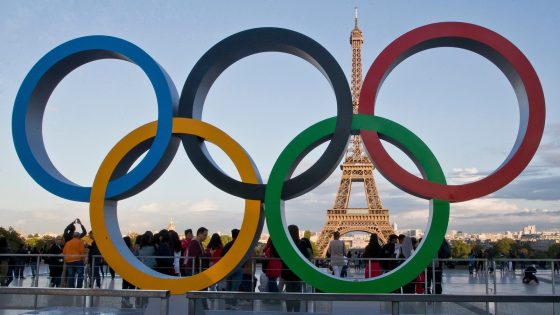Terra Nova examines Robert Scott’s failed Antarctic mission.
HISTORY
Terra Nova
Harrison Christian, Ultimo $36.99
In the Antarctic summer of 1911-12, a team of British explorers led by Robert Falcon Scott attempted to be the first to reach the South Pole. Beaten by Roald Amundsen’s Norwegians, they died of exposure and starvation on the return journey, less than 20 kilometres short of a food and fuel depot which may have saved them.
Found 10 months later, their remains were buried under a cross made of bamboo skis, and the expedition records found beside their frozen bodies gave birth to a heroic legend vividly retold in this page-turning new account from American-based New Zealand writer Harrison Christian.
What is it about this story that has allowed it to endure so long? After all, Scott and his team failed. I think the answer rests in the biblical resonance of a Christ-like leader and his disciples dragging their heavy load across a vast and unforgiving wilderness on a doomed quest for eternal glory. Like the New Testament, the story is both epic and heroic, full of pathos and pain.
Today, 112 years later, the causes of the disaster are still fiercely debated by Scott devotees. Was it due to the explorer’s bad planning? This explanation was the subject of a now discredited book by amateur historian Roland Huntford in the late 1970s, whose attack on Scott’s character makes a recent scathing reassessment of the writer George Orwell look tame.
Or was there maybe a Judas? The latter theory has proven infectious. To some, the culprit is the surgeon, Edward Atkinson, who failed to follow Scott’s precise instructions about the rescue of the returning polar team. Others blame Apsley Cherry-Garrard, the scientific assistant, who never learnt how to navigate and turned his relief mission back too soon. Another suspect has been the dog driver Cecil Meares, who (so the story goes) chose the expedition’s poor-quality dogs and ponies and at a critical moment refused to follow orders to take the dog teams south to save Scott’s men.

Captain Robert Falcon Scott writing in the expedition hut.Credit: H. Ponting
The other suspect is Edward “Teddy” Evans, the expedition’s second-in-command, who (according to his detractors) was a weak, impulsive, divisive figure who loathed Scott and whose selfish behaviour led, step by tragic step, to the disaster. Christian makes the Evans-Scott conflict the engine of his story, at one point repeating the accusation of sedition. (In a delicious irony, Christian is a direct descendant of Bounty mutineer Fletcher Christian, whose sedition was responsible for the mutiny on the HMS Bounty. A case, perhaps, of poacher turned gamekeeper?)
Harrison Christian insinuates through the piling up of uncorroborated claims that the lax and selfish Evans took more than his fair share of food and fuel from the depots on his return journey, leaving Scott’s party fatally short. He points out too, that Evans’ refusal to eat seal meat caused him to develop scurvy, which set off a chain reaction of improvisations that fatally upset Scott’s meticulous plans to ensure his team’s survival.
Source Agencies



